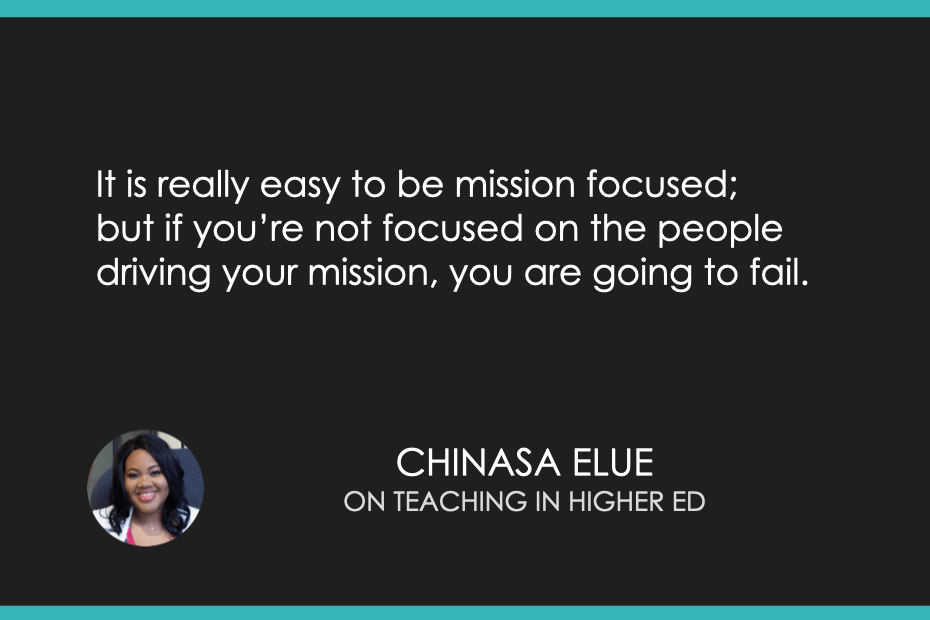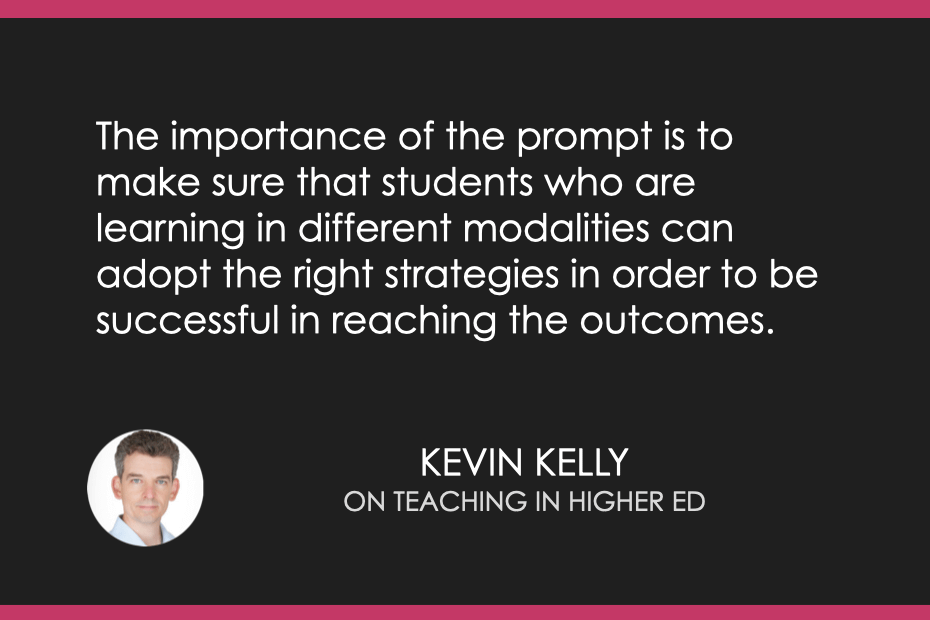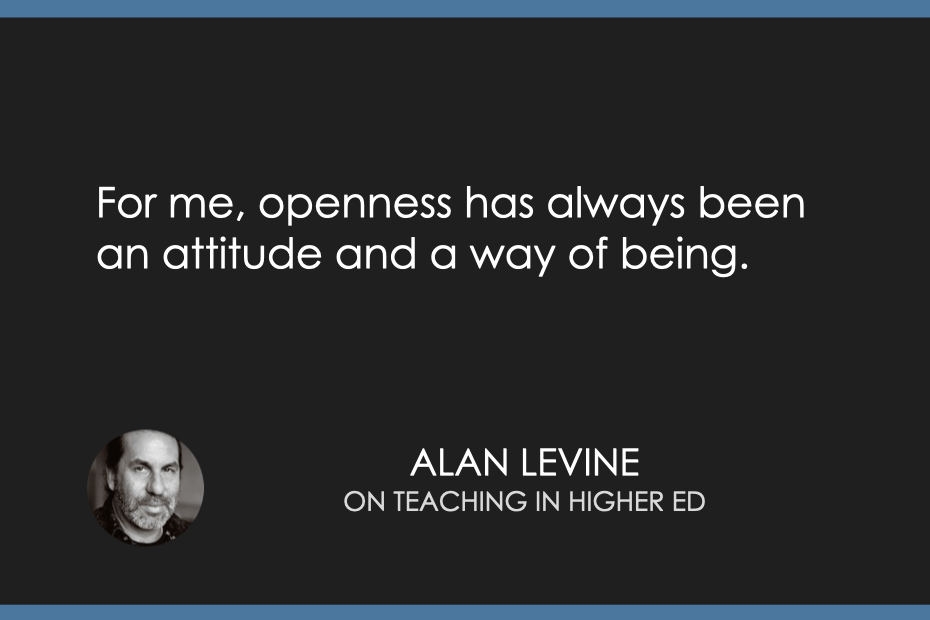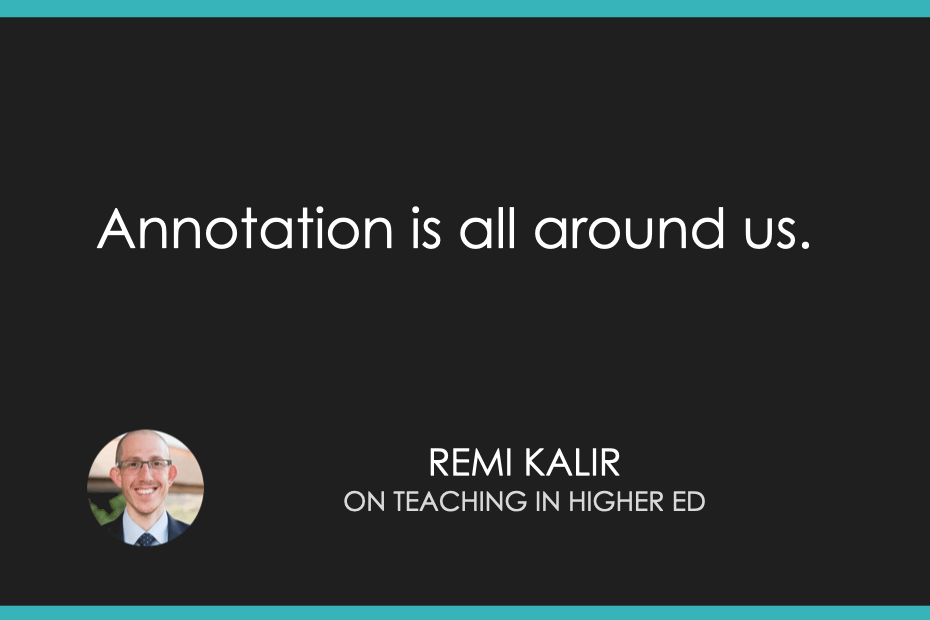Rebecca Pope-Ruark talks about her book, Unraveling Faculty Burnout, on episode 408 of the Teaching in Higher Ed podcast.
Quotes from the episode
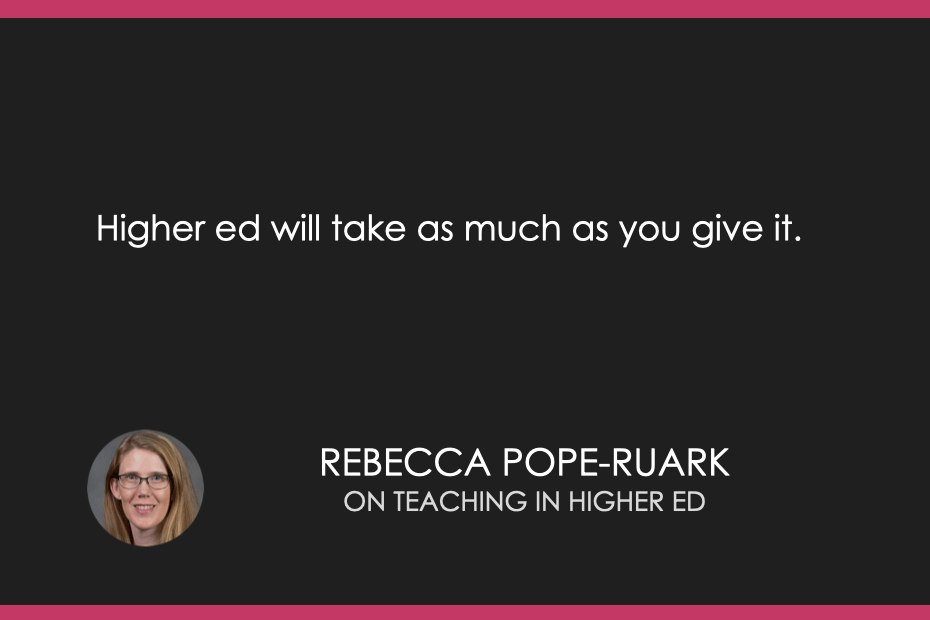
There is a lot of shame attached to a diagnosis of burnout.
-Rebecca Pope-Ruark
Burnout is not something we talk about in higher education.
-Rebecca Pope-Ruark
We all know someone who is burned out but we don’t necessarily know that they are because it is not talked about.
-Rebecca Pope-Ruark
There is a stigma of talking about burnout.
-Rebecca Pope-Ruark
Going through burnout doesn’t mean you are bad academic.
-Rebecca Pope-Ruark
Perfection is a comparison disease.
-Rebecca Pope-Ruark
We will never be perfect. There is no such thing as perfect.
-Rebecca Pope-Ruark
Higher ed will take as much as you give it.
-Rebecca Pope-Ruark
